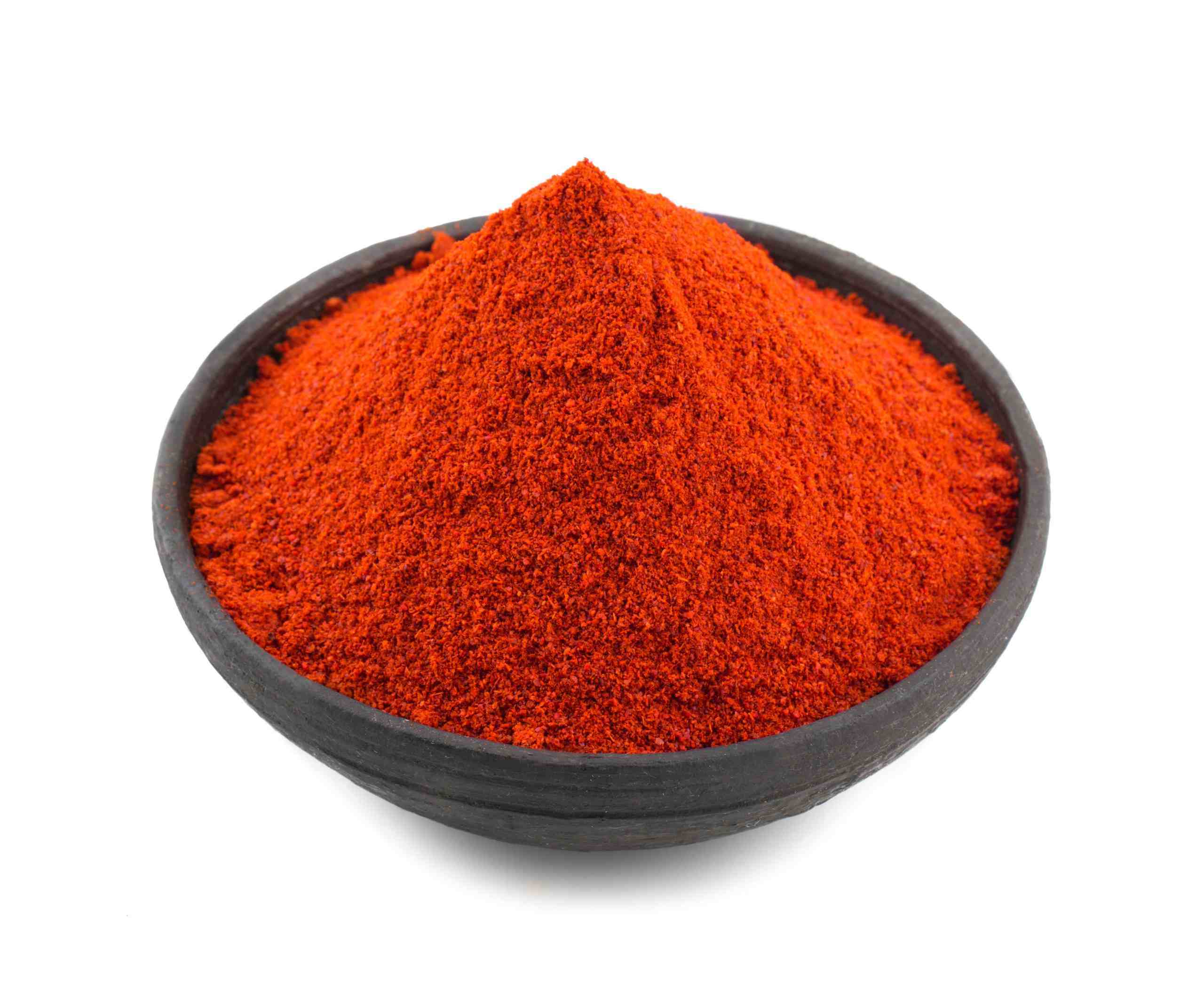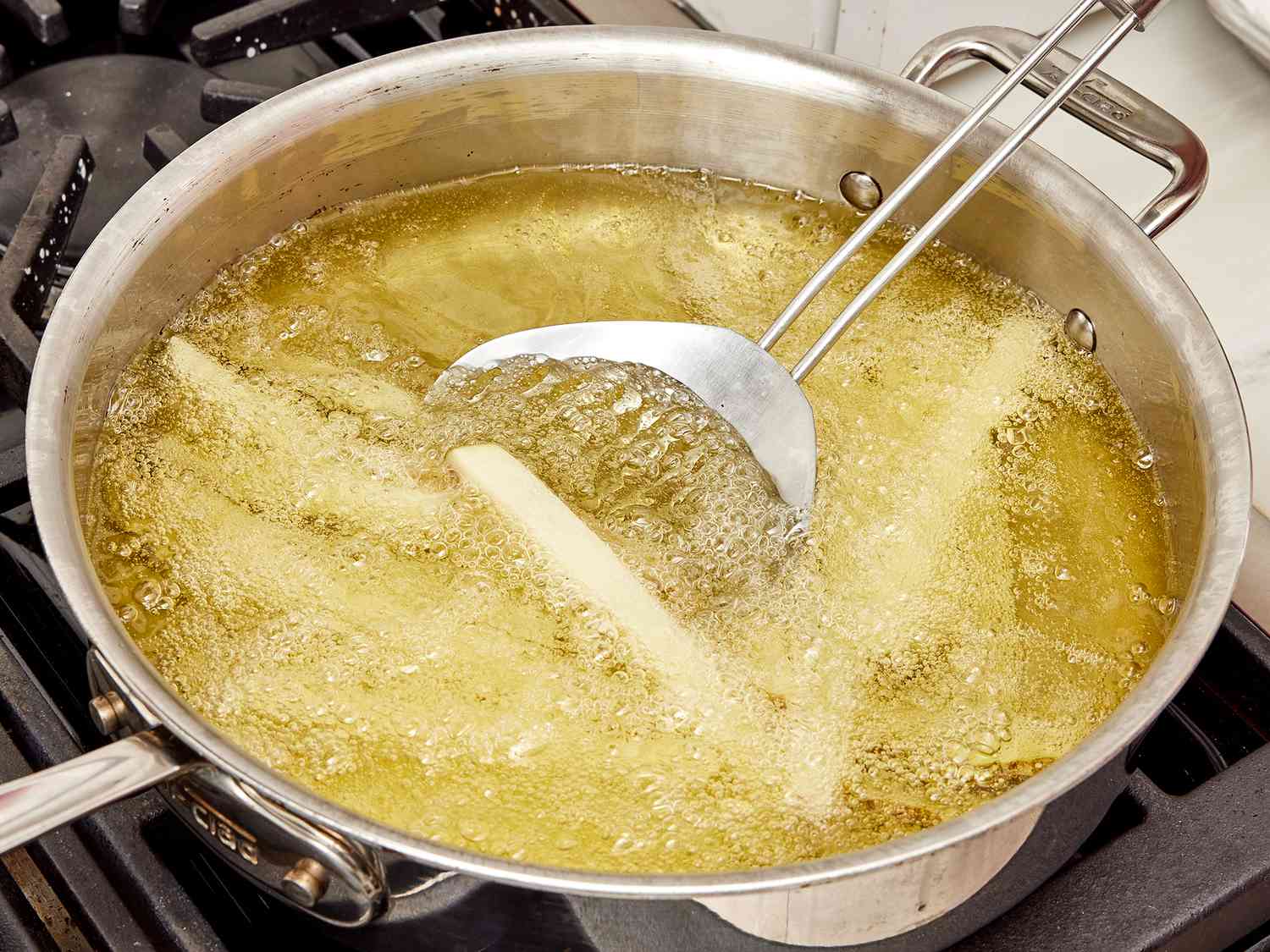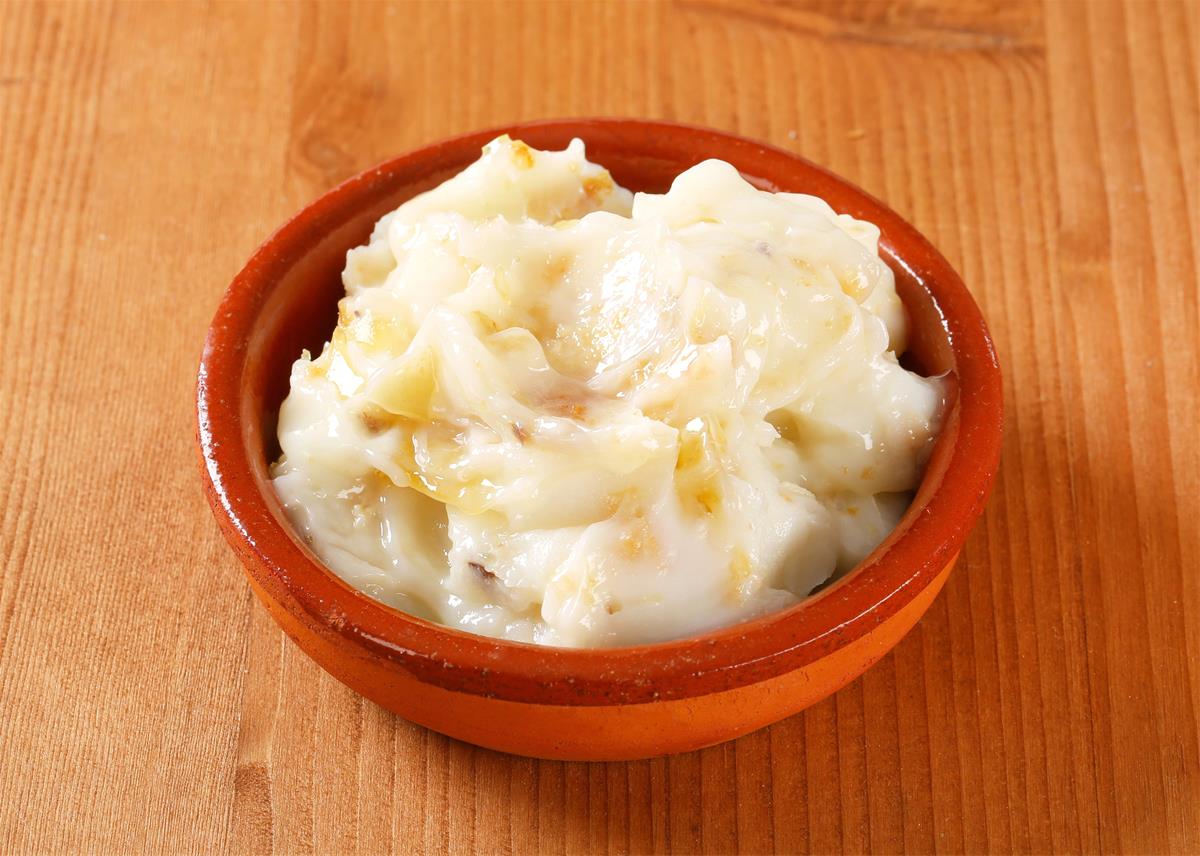When it comes to choosing the right type of water to drink, many people are often confused about the differences between purified water and spring water. Both types of water have their own unique characteristics and benefits, and understanding the distinctions can help you make an informed decision about which one is best for you. In this article, we'll explore the variances between purified water and spring water, so you can make the best choice for your hydration needs.
Purified Water
Purified water is water that has undergone a process to remove impurities and contaminants. This process typically involves several methods such as distillation, reverse osmosis, or carbon filtration. The goal is to eliminate various substances, including chemicals, bacteria, and other contaminants, to produce clean and safe drinking water.
Key characteristics of purified water:
- Removal of impurities: Purified water goes through a rigorous filtration process to remove impurities and contaminants, resulting in high-quality, clean water.
- Consistency: Purified water tends to have a consistent taste and quality, as the purification process is designed to produce uniform results.
- Versatility: It can be used for various purposes, including drinking, cooking, and making beverages.
Spring Water
Spring water, on the other hand, comes from natural springs and is often touted for its purity and natural mineral content. It is sourced from underground aquifers and emerges at the surface, often being collected at the source and bottled for consumption. Spring water is known for its refreshing taste and potential health benefits due to its natural mineral content.
Key characteristics of spring water:
- Natural sourcing: Spring water is sourced from natural springs, which are often located in pristine and remote areas, contributing to its natural purity.
- Mineral content: It contains naturally occurring minerals, such as calcium, magnesium, and potassium, which can contribute to its taste and potential health benefits.
- Distinctive taste: Many people appreciate the refreshing and crisp taste of spring water, which is often attributed to its natural sourcing and mineral content.
Differences Between Purified Water and Spring Water
Now that we’ve explored the basic characteristics of purified water and spring water, let’s delve into the key differences between the two:
-
Sourcing: Purified water is typically sourced from municipal water supplies or wells, and then subjected to purification processes to remove impurities. In contrast, spring water is sourced directly from natural springs, where it naturally emerges from the ground.
-
Mineral content: While purified water is stripped of impurities and minerals during the purification process, spring water retains its natural mineral content, which can contribute to its taste and potential health benefits.
-
Taste and characteristics: Purified water often has a consistent and neutral taste, as it is designed to be free of impurities and contaminants. Spring water, on the other hand, may have a more distinctive taste due to its natural sourcing and mineral content.
-
Regulation: Both purified water and spring water are subject to regulatory standards to ensure safety and quality. However, the specific regulations and testing requirements may vary between the two types of water.
-
Intended use: Purified water is often used for general drinking and cooking purposes, while spring water is sometimes marketed for its potential health benefits and natural sourcing.
In conclusion, both purified water and spring water have their own unique characteristics and benefits. Purified water undergoes a rigorous filtration process to remove impurities and contaminants, resulting in clean and consistent water. Spring water, sourced from natural springs, retains its natural mineral content and often has a refreshing taste. Ultimately, the choice between purified water and spring water depends on individual preferences and priorities, whether it's taste, mineral content, or intended use.
Was this page helpful?
Read Next: What Is A Ripe Banana?











